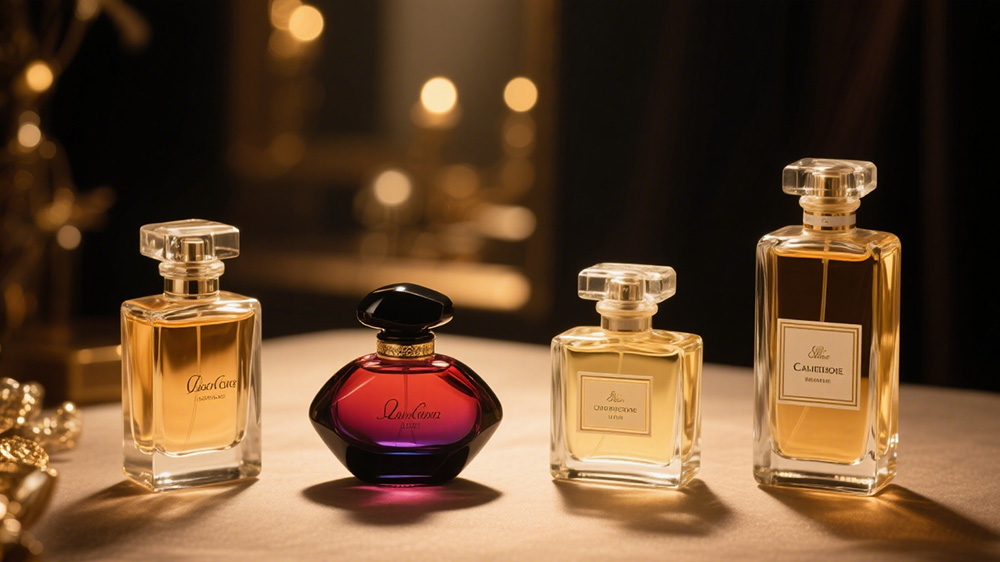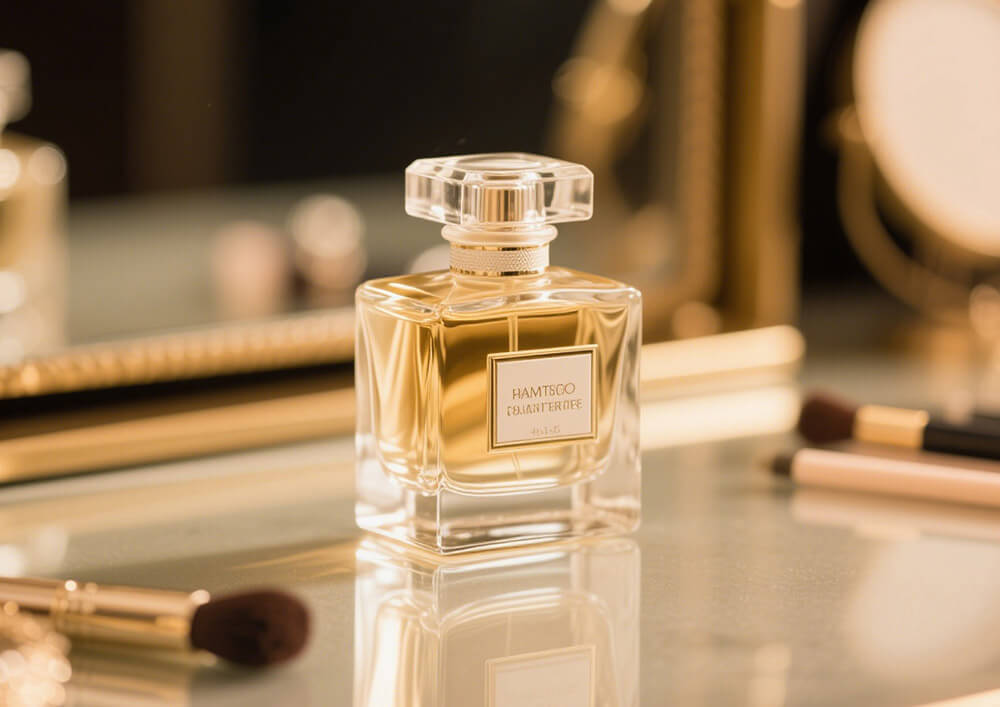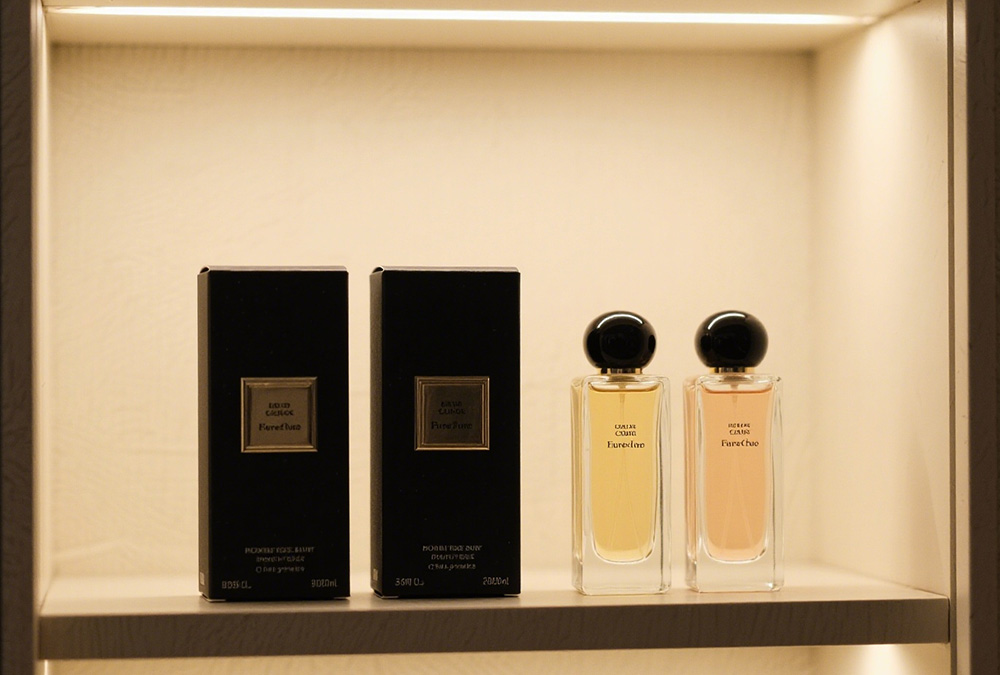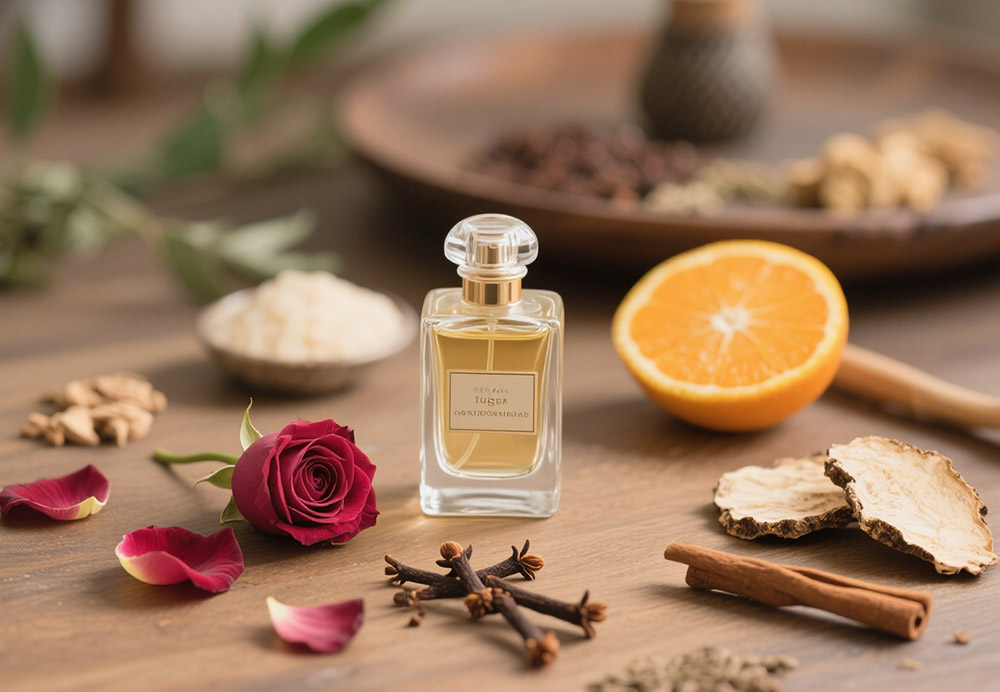Does Perfume Expire? The Truth About Scent Shelf Life
Perfumes have the power to evoke memories, enhance our mood, and leave a lasting impression. But amidst the allure of these fragrant elixirs, a common question lingers: does perfume expire? Let’s embark on a detailed exploration to understand the intricacies of perfume expiration, and how you can safeguard your precious scents.

Does Perfume Expire?
Yes,Perfume is a complex blend of aromatic compounds (essential oils, aroma chemicals), alcohol (usually ethanol), and water. Its degradation isn't about spoilage like milk, but about chemical breakdown:

Oxidation: Exposure to air is the primary culprit. When perfume is sprayed or even just sits with air in the bottle, oxygen reacts with the fragrance molecules and the alcohol. This alters the chemical structure, changing the scent profile – top notes often fade first, the scent can turn sour, vinegar-like, or simply weaker and "off."
Light Damage: Ultraviolet (UV) rays from sunlight and even strong indoor lighting break down delicate aromatic molecules. This accelerates oxidation and directly destroys the compounds responsible for the perfume's character, causing fading and distortion.
Heat Fluctuations: High temperatures speed up chemical reactions, including oxidation. Storing perfume in a warm bathroom or a hot car drastically shortens its lifespan. Constant temperature swings also stress the mixture.
Evaporation: Over very long periods, even with a tight cap, some volatile components can slowly evaporate, concentrating other elements and altering the balance.
Will Unopened Perfume Also Expire?
Yes, even unopened perfume will eventually degrade, though significantly slower than an opened bottle. Why?
Air in the Bottle: No bottle is 100% vacuum-sealed. There's always some air present inside, allowing slow oxidation over years.
Permeability: While minimal, some air can potentially seep through the seal or even the glass/plastic over extremely long periods (decades).
Light and Heat: If the unopened box is stored poorly (in sunlight, a hot attic), heat and light damage will still occur, accelerating breakdown inside the sealed bottle.
An unopened bottle stored perfectly (cool, dark, stable) can easily retain its quality for 10, 15, or even 20+ years. However, its scent profile willeventually shift from the perfumer's original creation.
How to Judge Whether Perfume Has Expired?
Trust your senses! Here are the tell-tale signs:
The Sniff Test: This is the most obvious. Does it smell significantly different? Look for:

A sour, vinegar-like note (especially common with citrus-based fragrances).
A stale, "flat," or overly alcoholic smell.
The loss of brightness or distinct top notes; the scent might smell muddy or one-dimensional.
A rancid or "off" odor.
Visual Clues:
Noticeable color change (e.g., a pale yellow turning dark amber or brown).
Increased cloudiness or visible sediment (though some natural ingredients can cause harmless sediment over time).
Texture Change: If the perfume becomes oily or significantly thicker (rare, but possible with severe degradation).
Skin Reaction: While less common justfrom age (unless you have specific sensitivities), if a previously fine perfume suddenly causes irritation, it's a sign to stop using it.
Is Expired Perfume Harmful?
A common concern is: is perfume harmful when expired. Generally, using moderately expired perfume is not dangerous in the sense of causing poisoning or severe health risks. However, there are potential downsides:
Skin Irritation: The breakdown products from oxidation can be more irritating to sensitive skin than the original compounds. This might manifest as redness, itching, or a rash. Discontinue use immediately if this occurs.
Reduced Efficacy: The scent won't perform as intended – it may be weaker, project less, or smell unpleasant.
Allergic Reactions: While the base ingredients are the same, the altered chemical composition mighttrigger an allergic reaction in someone who wasn't previously sensitive, though this is less likely.
Unpleasant Experience: The main "harm" is often just a disappointing olfactory experience – it simply won't smell good!
How to Save Your Perfume (Maximize Shelf Life)

Treat your fragrance with care to enjoy it for years:
1. Cool and Stable: Store in a consistently cool place. Ideal temperatures are 10-15°C (50-59°F). Avoid bathrooms (hot, humid) and automobiles (extremely hot/cold).
2. Darkness is key: avoid sunlight. Store in original box, drawer or closed cabinet. Opaque bottles offer more protection than clear ones.
3. Minimize contact with air: Keep the cap on your perfume bottle tightly closed after each use to prevent excessive contact with air. Avoid transferring the perfume to a more spacious, empty bottle.
4. Avoid humidity: Although not as critical as heat/light, high humidity is not ideal, so a basement is not a good place to store perfume. A cool, dark, moderately humid cabinet or drawer is the best option.
5. Handle with care: Avoid constant shaking or stirring.
Understanding How Perfume is Make Helps Preservation
Understanding how to make perfume provides valuable insight into why preservation matters. Perfume creation is an art and science:

1. Extraction: Oils are extracted from natural sources (flowers, woods, spices) or synthetic aroma chemicals are created.
2. Blending: The Perfumer ("Nose") meticulously blends these components with alcohol and water to create the desired scent profile across top, middle, and base notes.
3. Aging/Maceration: The blend rests (ages) for weeks or months to allow the components to harmonize.
4. Filtration & Quality Control: The mixture is filtered to remove any sediment or impurities.
5. Filling & Packaging: This is where the perfume filling machine becomes crucial. Modern perfume filling machines are designed to minimize oxygen exposure during the bottling process. They often use techniques like nitrogen flushing (displacing oxygen with inert nitrogen gas) before sealing to significantly slow down oxidation from the very start of the perfume's life in the bottle.
Understanding this process highlights why minimizing air exposure afteryou open it is so vital – the careful work done by the perfume filling machine to protect the fragrance needs to be continued through your storage habits.
So, does perfume expire? Not in the traditional sense, but it absolutely degrades over time due to air, light, and heat. Unopened bottles last longer but aren't immune. Use your senses – sight and smell – to judge if a perfume is past its prime. While expired perfume isn't usually toxic, it might irritate skin and certainly won't smell as intended. By storing your fragrances correctly – cool, dark, sealed, and stable – you significantly extend their lifespan and preserve the beautiful, complex artistry captured within each bottle. Treat your perfume well, and it will reward you with lasting scent memories.
